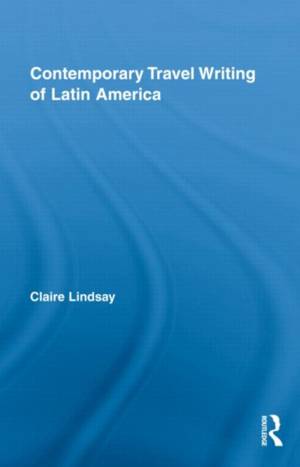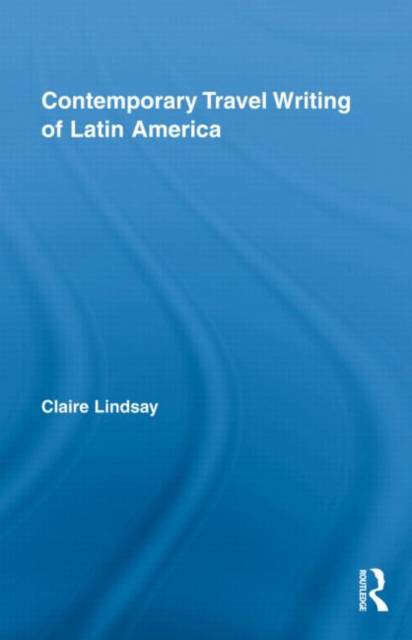
- Retrait gratuit dans votre magasin Club
- 7.000.000 titres dans notre catalogue
- Payer en toute sécurité
- Toujours un magasin près de chez vous
- Retrait gratuit dans votre magasin Club
- 7.000.000 titres dans notre catalogue
- Payer en toute sécurité
- Toujours un magasin près de chez vous
Description
This book considers how contemporary travelers from Latin America write their journeys at and about home. How do Latin American writers of the late twentieth-century negotiate the hybrid and volatile category of travel writing, which has been shaped in large part by myriad Euro-American travelers? How do they engage with the enduring myths about the region perpetuated by their imperial/ist predecessors? And, if not journeys of expansion or exploration, on precisely what kinds of 'travel' do their own journeys rest? Drawing on ideas from many disciplines, including anthropology, philosophy, sociology, literary and cultural studies, this book considers contemporary journey narratives from Latin America through a series of case studies concerning four key sites of travel, each of which engenders particular forms of travel and travel narrative: Patagonia, the Andes, Mexico and the Mexico-US border. This book thus explores the complex practice and representation of journeys in the region by writers including Luis Sepúlveda, Mempo Giardinelli, Andrés Ruggeri, Ana García Bergua, Silvia Molina, María Luisa Puga, Rubén Martínez and Luis Alberto Urrea. In doing so, it explores questions relating to mobility, representation, and globalization that are of widespread concern across the world today.
Spécifications
Parties prenantes
- Auteur(s) :
- Editeur:
Contenu
- Nombre de pages :
- 186
- Langue:
- Anglais
- Collection :
- Tome:
- n° 3
Caractéristiques
- EAN:
- 9780415991216
- Date de parution :
- 17-12-09
- Format:
- Livre relié
- Format numérique:
- Genaaid
- Dimensions :
- 155 mm x 231 mm
- Poids :
- 521 g







